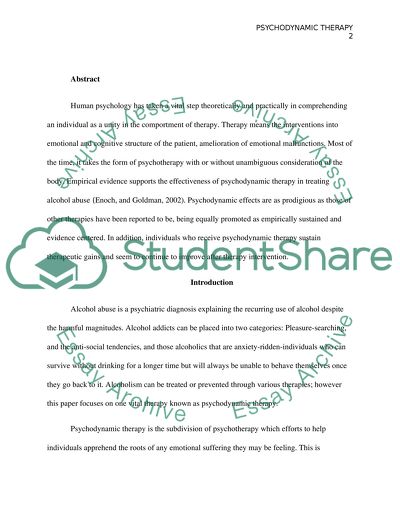Cite this document
(“Relevant Diversity, Legal and Ethical Issues Associated with Alcohol Essay”, n.d.)
Retrieved from https://studentshare.org/psychology/1467330-relevant-diversity-legal-and-ethical-issues-associated-with-alcohol-abuse-using-psychodynamic-therapy
Retrieved from https://studentshare.org/psychology/1467330-relevant-diversity-legal-and-ethical-issues-associated-with-alcohol-abuse-using-psychodynamic-therapy
(Relevant Diversity, Legal and Ethical Issues Associated With Alcohol Essay)
https://studentshare.org/psychology/1467330-relevant-diversity-legal-and-ethical-issues-associated-with-alcohol-abuse-using-psychodynamic-therapy.
https://studentshare.org/psychology/1467330-relevant-diversity-legal-and-ethical-issues-associated-with-alcohol-abuse-using-psychodynamic-therapy.
“Relevant Diversity, Legal and Ethical Issues Associated With Alcohol Essay”, n.d. https://studentshare.org/psychology/1467330-relevant-diversity-legal-and-ethical-issues-associated-with-alcohol-abuse-using-psychodynamic-therapy.


